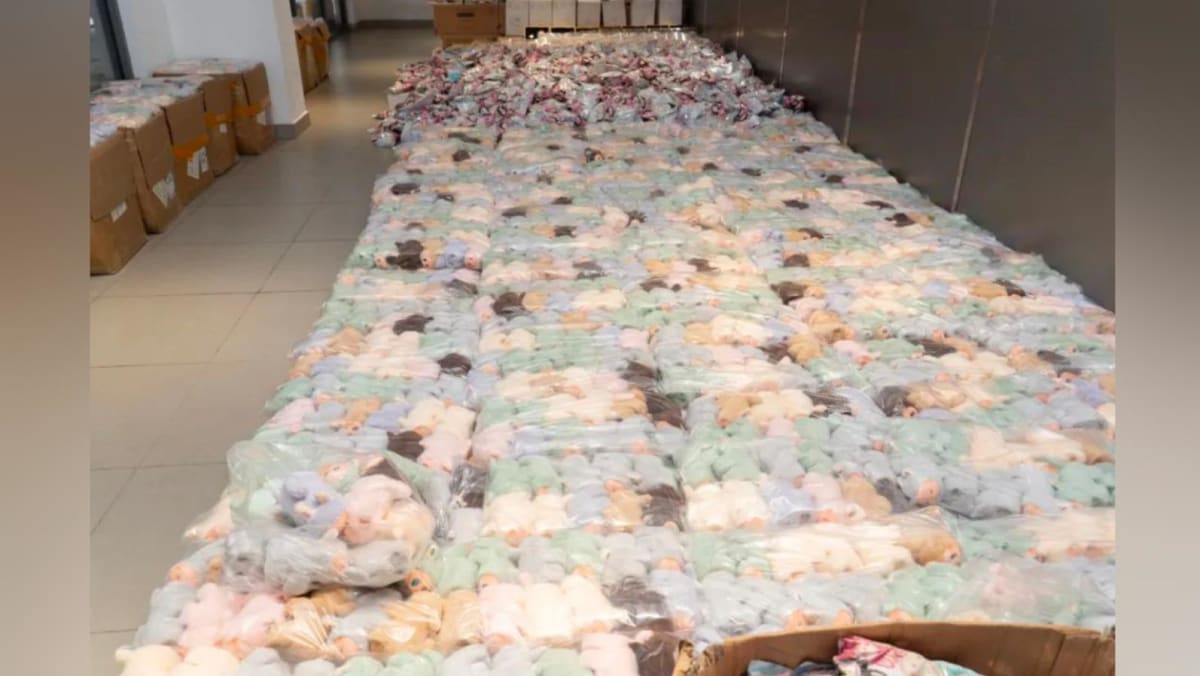Chinese Customs Uncover Massive Counterfeit Labubu Toys Amid Rising Popularity

BEIJING: In a significant crackdown on intellectual property infringement, Chinese customs authorities have seized over 46,000 counterfeit Labubu toys, which have recently surged in popularity due to their viral status as trendy collectibles. This rise in imitation products has ignited a parallel black market, prompting state media to issue stern warnings about the dangers it poses to consumers and their rights.
Labubu, a whimsical character known for its scruffy appearance and mischievous grin, has captured the hearts of many, thanks in large part to a blend of celebrity endorsements and a strategic social media campaign. The character, which is sold by the well-known Chinese toy company Pop Mart, has become a cultural sensation. The excitement around Labubu is further amplified by the company's strategy of releasing limited-edition drops and themed collections, creating an aura of exclusivity that has driven demand through the roof.
However, this fervent interest has also resulted in a flood of counterfeits that collectors have dubbed “Lafufu.” As the market for these imitations grows, so does the concern from authorities regarding the implications for consumer protection and intellectual property rights.
Recently, the Chinese customs authorities took decisive action, seizing a substantial number of counterfeit Labubu dolls across three different regions in China. A significant operation occurred last Thursday, June 12, at the Hong Kong-Zhuhai-Macau Bridge checkpoint in Zhuhai, Guangdong province, where customs officials confiscated 20,599 fake Labubu dolls during inspections of export-bound trucks. Notably, these counterfeit products were packaged with the Pop Mart logo, raising serious concerns about unauthorized use of branding.
In addition to the Zhuhai seizure, customs officers in Ningbo, Zhejiang province, also discovered 20,240 counterfeit Labubu items while inspecting a shipment that included a variety of children's toys and plastic goods. The recent findings highlight the ongoing battle against counterfeit merchandise in China and the increasing vigilance of customs authorities to protect both consumers and brand integrity.
























